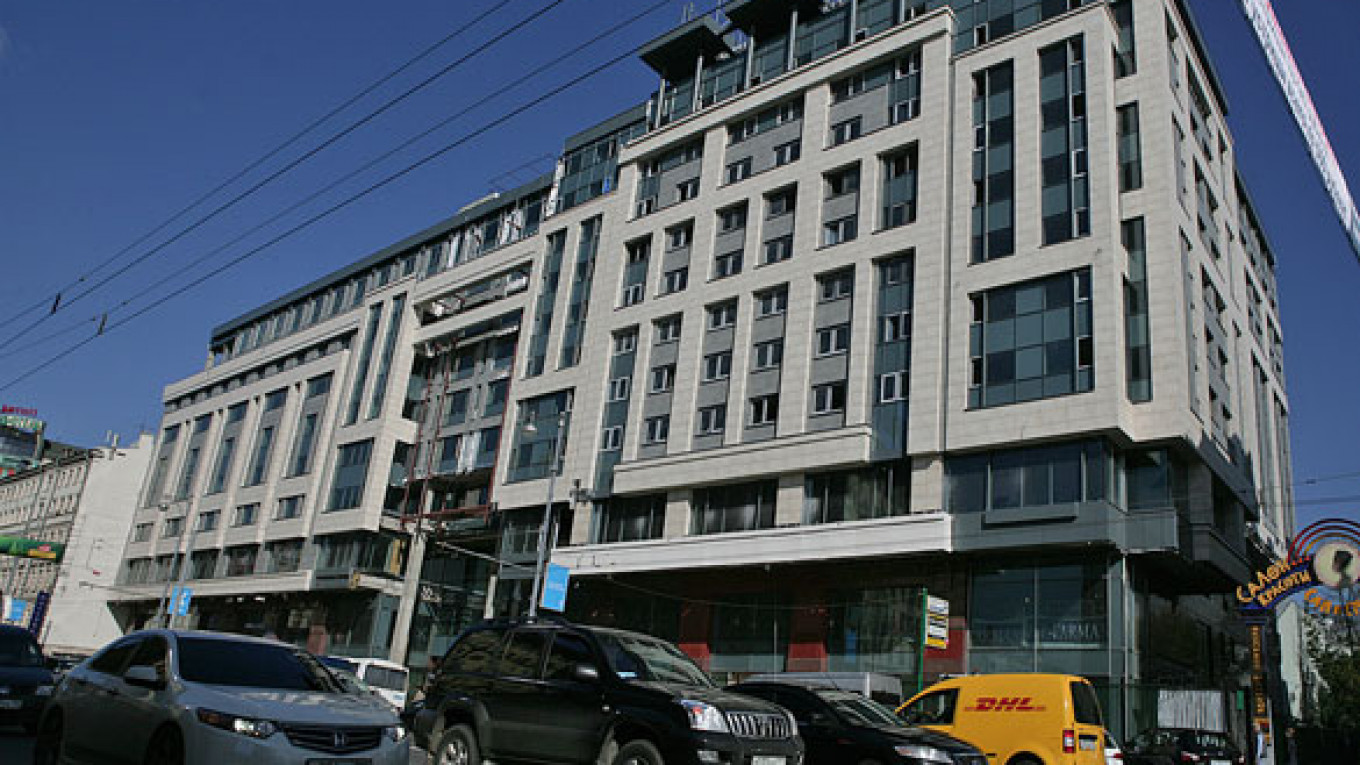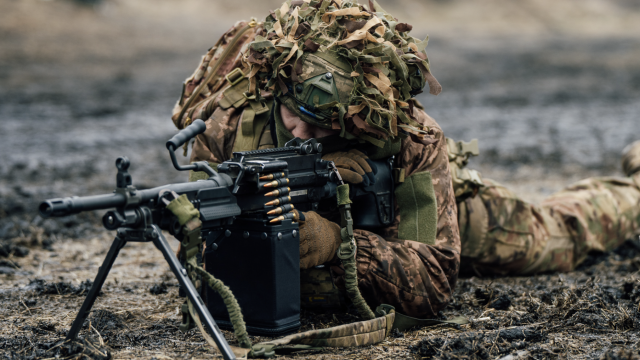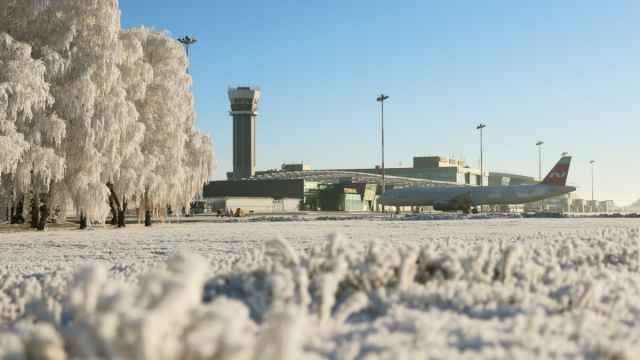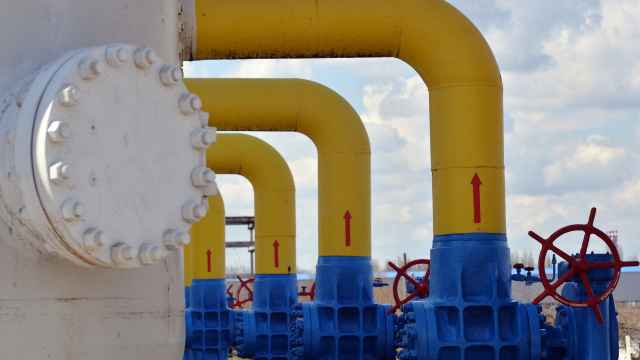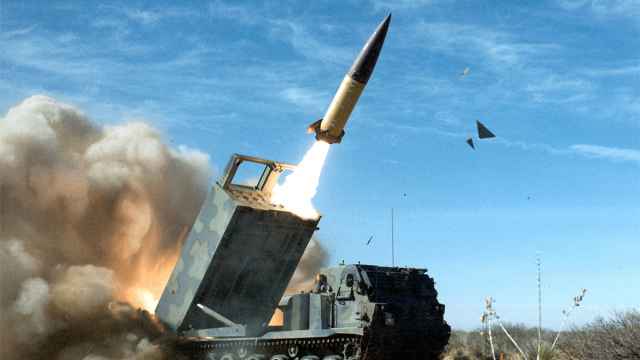As the real estate market bounces back in Russia, foreign investors are returning but are a long way from recovering the dominant position they held before the global financial crisis, market watchers say.
Estimates vary, but analysts agree that investment in real estate has rebounded by as much as 20 percent in the 2010.
“We still have about 80 percent of Russian-funded investors generating deals, and only 20 percent of foreigners. But compared with the previous year, when we had only around 10 percent of foreign investors, that's a significant increase,” said Olesya Cherdantseva, head of retail and capital markets research at Jones Lang LaSalle.
Foreign investors, who were estimated to account for anything from 50 percent to 75 percent of investment in the booming pre-crisis real estate market, are being lured back by a stabilizing economy and an expectation that market prices have already hit bottom.
“They're more interested now compared with the crisis period … they're announcing plans, they're going to invest,” Cherdantseva said.
Eighteen major deals ranging from $22.5 million to $459.9 million were sealed in the first three quarters of 2010, according to Jones Lang LaSalle, coming to a total of $2.9 billion. The Defense Ministry accounted for almost 20 percent of the activity, forking out $543 million to build 6,283 residential apartments.
Depending on which broker you talk to, foreign buyers were involved in six or eight of those deals.
In its quarterly report released last week, Jones Lang LaSalle estimated that total real estate investments were up 12 percent year on year in the third quarter of 2010, possibly reaching $4 billion by year's end. CB Richard Ellis estimates that investment was up 20 percent year on year in the second quarter, putting the total investment to date at $1.5 billion.
Statistics vary because each consultancy has its own definition of what constitutes an investment, said Christopher Peters, director of research at CB Richard Ellis. “But generally the trend is definitely up,” he said.
While the recovery is still being driven by Russian investors recovering their confidence, there are signs that foreign investment is picking up. Investors have come from Norway, Turkey, Switzerland and, for the first time, China.
The most popular investment products remain offices, which accounted for 36 percent of investments in the third quarter, followed by retail properties, with 18 percent of total investment pumped into shopping centers between July and September.
Moscow and to a lesser extent St. Petersburg remain the targets of choice for investors. Of the 18 deals Jones Lang LaSalle cited, 11 were for properties in Moscow and the surrounding area, while three were in St. Petersburg and the Leningrad region.
“Investors see Moscow and St. Pete as less risky … the highest quality investment products you can find are in Moscow, not in the regions,” Cherdantseva said.
A Message from The Moscow Times:
Dear readers,
We are facing unprecedented challenges. Russia's Prosecutor General's Office has designated The Moscow Times as an "undesirable" organization, criminalizing our work and putting our staff at risk of prosecution. This follows our earlier unjust labeling as a "foreign agent."
These actions are direct attempts to silence independent journalism in Russia. The authorities claim our work "discredits the decisions of the Russian leadership." We see things differently: we strive to provide accurate, unbiased reporting on Russia.
We, the journalists of The Moscow Times, refuse to be silenced. But to continue our work, we need your help.
Your support, no matter how small, makes a world of difference. If you can, please support us monthly starting from just $2. It's quick to set up, and every contribution makes a significant impact.
By supporting The Moscow Times, you're defending open, independent journalism in the face of repression. Thank you for standing with us.
Remind me later.


